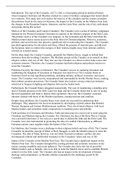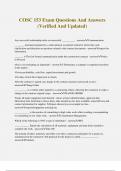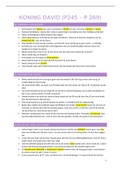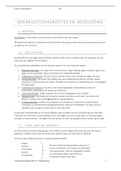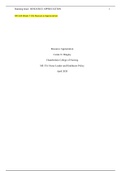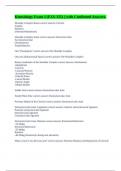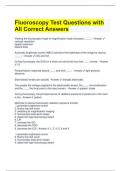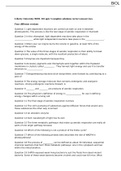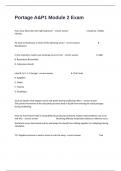Lecture notes
A-Level History The Age Of The Crusades C1071–1204
- Institution
- AQA
This set of study notes for A-Level History cover the First to Fourth Crusades, including the political, economic, and cultural impact of the Crusades on the Near East, the Byzantine Empire, and the Latin West. The notes detail the religious, political, and economic motives behind each Crusade, the...
[Show more]
